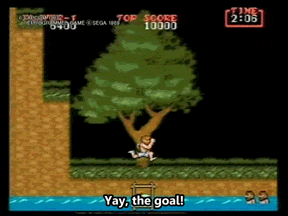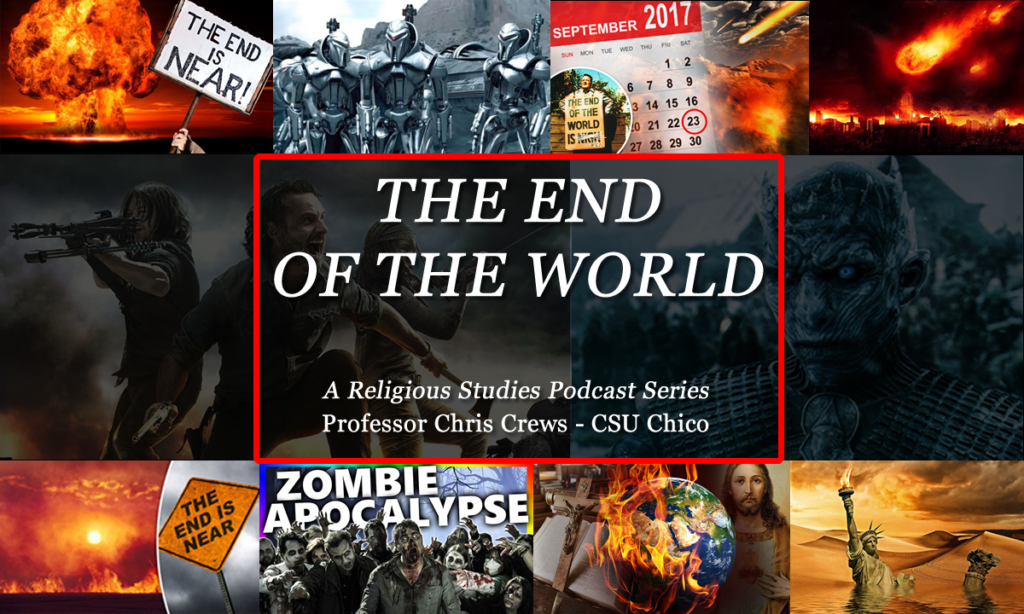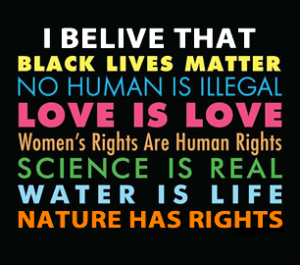Anthropocene ABD Postmortem
So I am officially ABD as of Friday afternoon. One more hurdle cleared on the long march towards completing my PhD studies here in New York. Having completed my dissertation proposal defense this Friday at The New School for Social Research, it seems like as good a time as any to reflect on what this means, and where I go from here. (Thanks to Sabine for the great abd cartoon.)
So a PhD proposal defense, for those not familiar with it, goes something like this. You send a draft of your proposal (here’s mine) to your committee members–four in my case–and once they feel it is ready to defend, you set an oral defense date. The committee then gets together on a set date and discusses your paper for about 15-30 min, then calls you in. You then have about 10 minutes to describe the larger thrust of your project. I also included a large visual map to supplement my presentation, which was taped to the wall. Following that is a question and answer grilling, in which your proposal gets dissected and recombined, hopefully into something that both you and your committee feel makes sense. Then they ask you to leave and discuss amongst themselves if the proposal seems solid enough to approve with some modifications based on the previous discussion. Then you are called back into the room and read the verdict, which in my case was approved. A short discussion followed, and the defense concluded. All told it took just under 2.5 hours.
In terms of substantial changes to the project following the defense, here are the highlights.
- Dropped the initial chapter, which was a historical genealogy tracing the emergence of the earth sciences that the Anthropocene was born from back to the mid 1600’s. This was originally intended to highlight the reasons that science and religion split company in the study of the Earth, and to demonstrate that many of the contemporary Christian fundamentalist attacks on science are essentially a replaying of this earlier pre-split political struggle.
- Moving the relevant religious history discussion into a contemporary mapping of Christian environmental politics–including literal fundamentalist, non-literal fundamentalists, mainline and more liberal-leaning movements. As a part of this my earlier ethnographic work, which I had removed due to trouble identifying field site, will be brought back. Although the field site are not set yet, it appears very likely that I may choose several leading Christian universities, such as Wheaton, Westmont College, Pepperdine, George Fox University and Gordon University. The fieldwork would likely be focused on two areas of inquiry.
- How are environmental politics being engaged with on these Christian campuses?
- How are the earth and life sciences being taught in these Christian universities?
- Refocused the project on the four core areas that I have been looking at, and which composed the four quadrants in the visual map (linked to above) which I used in the defense presentation. These are:
- Earth + Natural Sciences
- Anthropocene Environmentalism
- Zombies Apocalypse + Catastrophic Risk + Pop Culture
- Religious Worldviews
Probably the biggest change in the project was thinking about the Anthropocene in relation to these four domains, and stepping back a bit in terms of thinking about how they connect. So rather than assuming that each of these connects to a single understanding of the Anthropocene in some simple way, my project needs to ask how is the idea of the Anthropocene understood in each of these four domains–science, environmental politics, pop culture and religion–and how might the idea of the Anthropocene be reconfiguring practices or worldviews in these four domains? And connected to this, asking in what ways does the idea of the Anthropocene cross these boundaries and connect across domains.
For example, does the Anthropocene link zombies and ecology in some new way that was not visible before, and if so, how and in what ways? One such example might be the recent idea of zombie ecology, which sparked quite a fuss over at Andrew Revkin’s Dot Earth blog recently in relation to an article about the loss of coral reefs from ecologist and coral reef expert Roger Bradbury.
 So far this is the clearest example I have seen where three of my four research areas–ecology, the Anthropocene and zombies have come together in explicit conversation, but I suspect there are more examples still waiting in the wings. Part of my work is precisely to document these links.
So far this is the clearest example I have seen where three of my four research areas–ecology, the Anthropocene and zombies have come together in explicit conversation, but I suspect there are more examples still waiting in the wings. Part of my work is precisely to document these links.
But another important element is looking for “family resemblances” with the Anthropocene in these four domains. In other words, although people might not be explicitly using the term “Anthropocene,” they may still be employing the underlying idea of the Anthropocene–that humans are now able to cause global-scale, geologic magnitude changes to the Earth. Being able to provide an up-to-date mapping of these uses would be a great help to the larger study of the Anthropocene.
- Finally, the last large change to come out of the defense is the importance of asking what are the new points of agreement and disagreement about current environmental thinking and challenges which might be emerging within the Anthropocene. Another way to think about this is what new forms of thinking about the environment are possible now that might now have been 10, 20 or even 50 years ago, how do they connect to this new idea of the Anthropocene, and what are their political implications?
So while there are surely more thinks to say, this provides some of the key highlights from the defense, and where I need to re-work parts of my project. Moving forward, I am thinking about the structure of the project will probably look something like the following:
- Ch 1) Genealogy of the emergence of the Anthropocene as a scientific discourse
- Ch 2) Tracing the Anthropocene in environmental discourses
- Ch 3) Tracing the Anthropocene in religious discourses
- Ch 4) Tracing the Anthropocene in pop culture discourses
- Ch 5) Theorizing the future directions of the Anthropocene
While it’s still too early to know for sure, it seems like this will be a more productive way to think about this project than how I had been going along, even if it means a little more work in terms of how I have been doing my research and theorizing. But at the end of the day, I think it will make for a richer and more interesting project, and ultimately a more interesting book!
Until next time…up up and away!
###



